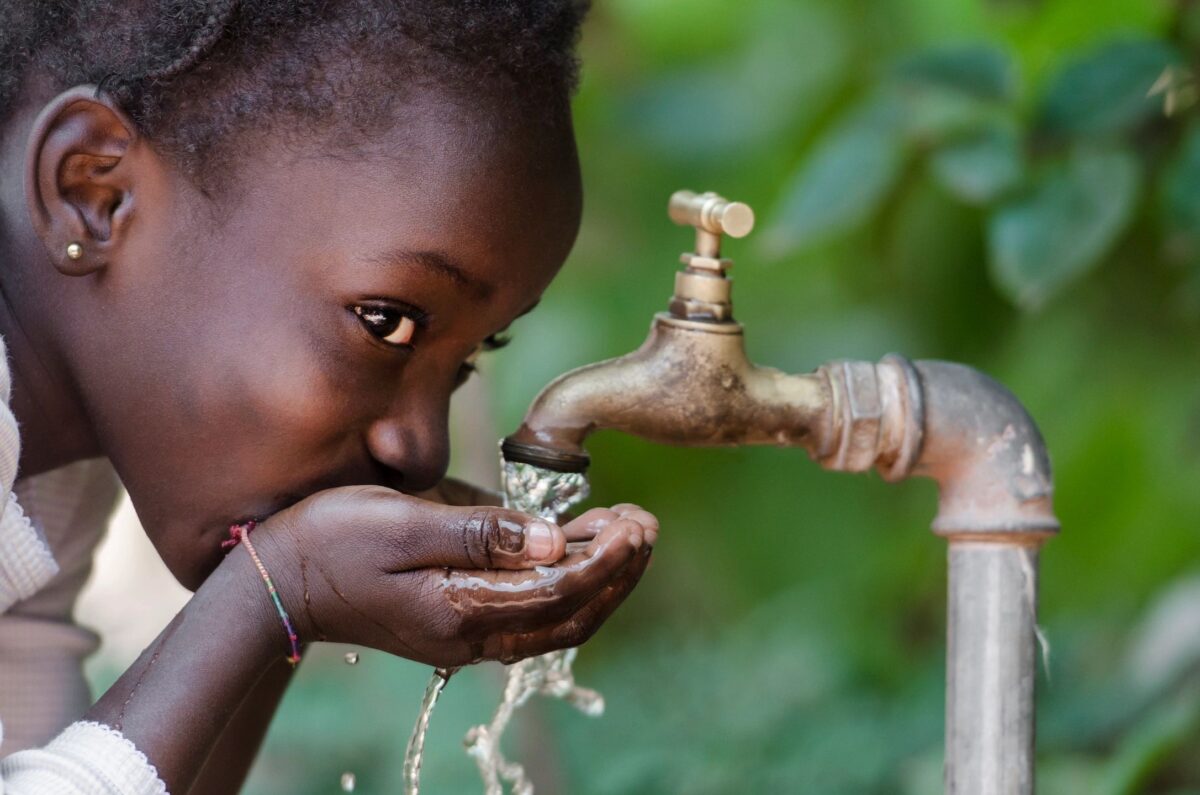As countries around the world contend with the health emergency of the COVID-19 pandemic, the economic effects of mitigation measures have immediately impacted the world’s commodity markets and are likely to continue to affect them in the longer term.
The global economic shock of the pandemic has driven most commodity prices down and is expected to result in substantially lower prices over 2020, the April Commodity Markets Outlook reports. The following figures are courtesy of the World Bank.
The COVID-19 pandemic is expected to plunge most countries into recession in 2020, with per capita income contracting in the largest fraction of countries globally since 1870. Advanced economies are projected to shrink 7 percent. That weakness will spill over to the outlook for emerging markets and developing economies, who are forecast to contract by 2.5 percent as they cope with their own domestic outbreaks of the virus.
Taking care of the land and preserving biodiversity – through healthy soil, reliable water access and pollinators – is vital for providing livelihoods for rural populations, particularly during times of economic shock like that caused by the current COVID-19 pandemic.
Healthy ecosystems have been shown to provide a lifeline to the poorest. The Poverty Environment Network project that collects income data of forest adjacent communities from 24 countries, estimates that environmental income (most of it from the forest) represents 28 percent of total income of these households
